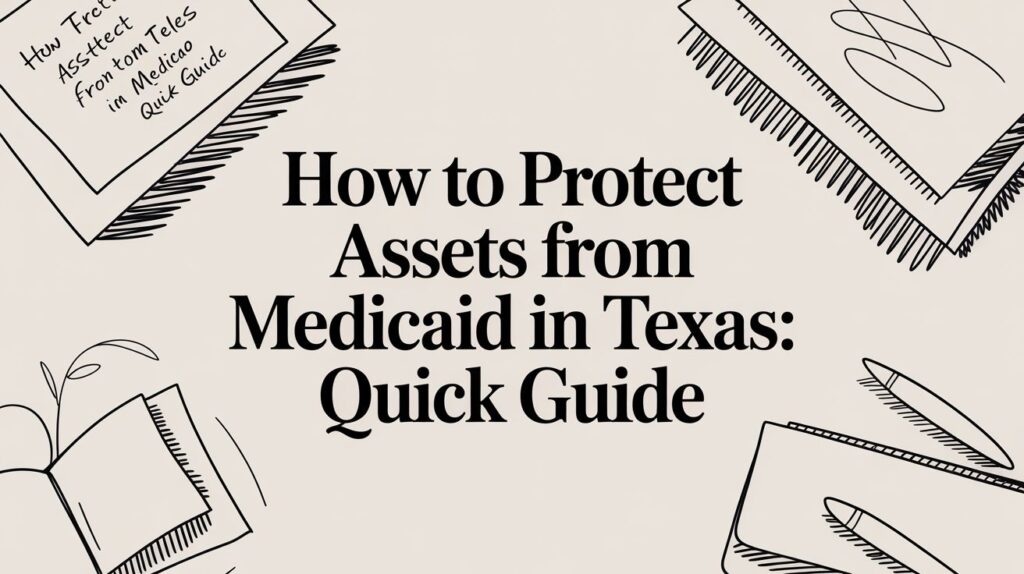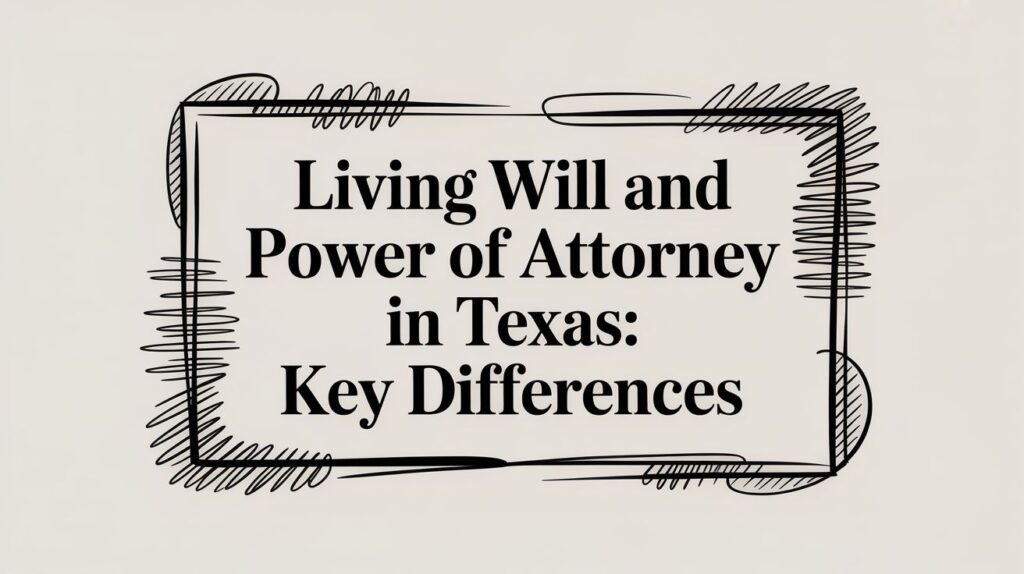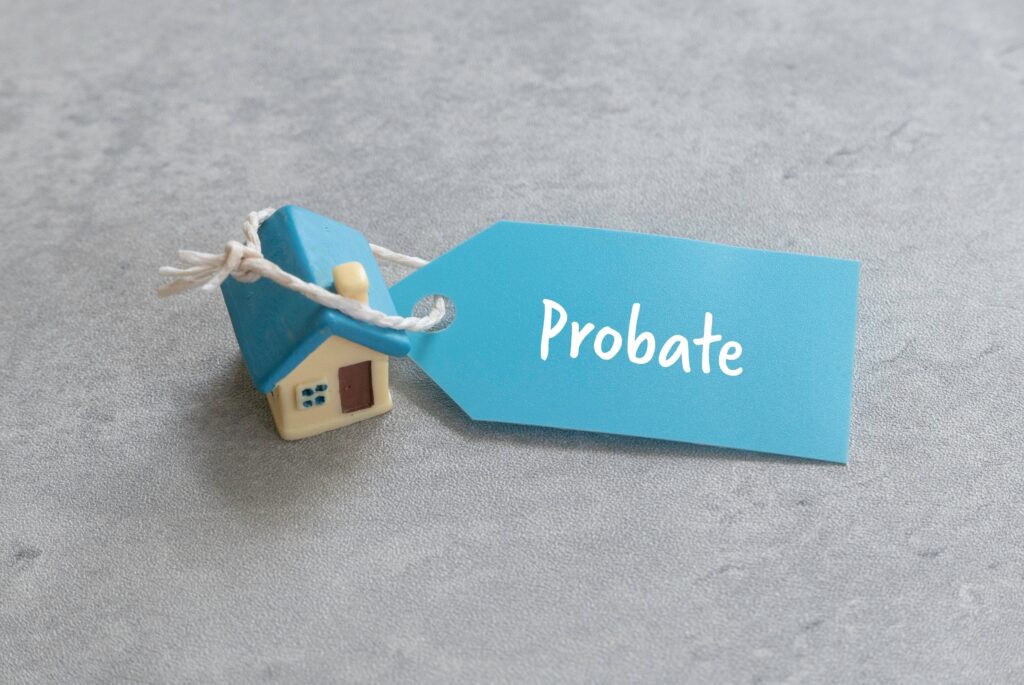The probate process is challenging for any kind of property. However, dealing with undeveloped land in Texas adds layers of complexity that can confuse even the most seasoned executors. Texas is known for its vast tracts of land, much of which remains undeveloped. Whether you’re an heir, executor, or a potential buyer of undeveloped property, understanding the probate process and the legal considerations involved is critical. This comprehensive guide will break down the nuances of probating undeveloped land in Texas. It also includes the legal framework, the role of the executor, tax implications, and common hurdles that arise during probate. We’ll explore real-life examples and highlight practical tips for navigating these complexities.
Understanding Texas Probate Law
Before diving into the specifics of undeveloped land, it’s important to have a basic understanding of probate law in Texas. In general, probate is the legal process where a deceased person’s estate is distributed to heirs or beneficiaries. It typically includes validating the will (if one exists), appraising property, settling debts, and distributing the remaining assets.
Texas has a relatively simple and efficient probate process compared to other states, thanks to its use of independent administration. This allows the executor to act without constant court supervision, which can save time and reduce costs. However, specific cases—like those involving undeveloped land—can still present challenges that must be carefully managed.

Why Undeveloped Land is Unique in Probate
Undeveloped land, as opposed to residential or commercial property, has no buildings or significant improvements. This simplicity can be both an advantage and a disadvantage when it comes to probate.
On the one hand, undeveloped land typically has fewer maintenance issues, no tenants, and no utility bills. However, its value is often more speculative, based on future potential rather than current use. Additionally, such property can sometimes be overlooked or undervalued during estate planning, making probate more complex.
Legal Considerations When Probating Undeveloped Land
1. Property Valuation
The first and most crucial step in probating undeveloped land is determining its value. This can be more challenging than with developed property. The reason for this is that undeveloped land doesn’t generate income and may lack comparable sales data. An accurate valuation is essential for calculating estate taxes, settling debts, and distributing assets fairly among heirs.
Hiring a qualified land appraiser familiar with the local real estate market is key. They’ll consider factors like location, size, access to roads, proximity to utilities, and future development potential. Keep in mind that market conditions fluctuate. As such, what seems like an accurate valuation at the start of the probate process could change.
2. Title Issues
Title to undeveloped land can be murky, especially if the property has been in the family for generations. One of the executor’s duties is to ensure that the title is clear and free from disputes.Any outstanding claims, liens, or unpaid taxes need to be addressed.
It’s common for undeveloped land to have encumbrances that may complicate the probate process. Conducting a thorough title search is crucial to uncover any potential problems early.
3. Heirship and Property Division
In cases where there is no will, Texas intestate succession laws determine how property is distributed. This can complicate matters when there are multiple heirs with equal rights to the land. Undeveloped property is often harder to divide than liquid assets like cash or securities.
If the land cannot be easily partitioned, the heirs may need to agree to sell it and divide the proceeds. In other cases, one heir may wish to keep the property, which would require compensating the others. In these situations, it’s common for disputes to arise, and a court may have to intervene to determine a fair resolution.
4. Environmental Concerns and Land Use Restrictions
Although undeveloped land may appear to be free from issues, environmental concerns can impact the probate process. Some tracts of land may be subject to environmental restrictions, such as wetlands protection or habitat preservation laws. If the property has been used for agriculture or oil and gas production, there may be contamination issues that need to be addressed before the property can be sold or developed.
Texas law imposes various land-use regulations that can affect the value and potential uses of the property. For example, zoning laws and conservation easements may restrict how the land can be developed or subdivided, which could impact its valuation during probate.
5. Mineral Rights
Mineral rights in Texas can present a unique challenge when probating undeveloped land. In some cases, mineral rights are severed from surface rights, meaning the owner of the land may not own the rights to any oil, gas, or minerals beneath the surface. The executor will need to determine whether the decedent owned both surface and mineral rights, and how those rights are to be handled.
If the mineral rights are valuable, they may require separate appraisal and legal treatment from the surface rights. Additionally, ongoing oil and gas leases can complicate the probate process, as the executor must ensure proper distribution of royalties to the heirs or beneficiaries.
6. Property Taxes and Liens
During probate, the executor is responsible for paying any outstanding property taxes and ensuring that the land is not subject to any liens. Texas law allows taxing authorities to place liens on property for unpaid taxes, and these liens must be cleared before the land can be sold or transferred to heirs.
In some cases, the deceased may have deferred property taxes under Texas law, especially if the property was classified as agricultural or open-space land. The executor must verify the tax status and ensure that any outstanding obligations are met.

7. Selling the Land
If the heirs or beneficiaries decide to sell the undeveloped land, the executor will need to follow Texas probate law regarding the sale of estate assets. This includes obtaining court approval in some cases, ensuring the sale is conducted in a fair and transparent manner, and distributing the proceeds to the heirs.
Selling undeveloped land can take longer than selling developed property, as the market for raw land is typically more limited. The executor may need to work with a real estate agent who specializes in land sales and be prepared for a potentially lengthy process.
The Executor’s Role in Probating Undeveloped Land
The executor plays a pivotal role in navigating the probate process for undeveloped land. Here’s a closer look at the key responsibilities:
- Inventorying the Property: The executor must ensure that the undeveloped land is accurately listed in the estate’s inventory, along with other assets. This includes identifying all relevant deeds, titles, and any associated mineral rights or easements.
- Handling Legal Filings: From the initial probate application to the final distribution of assets, the executor is responsible for ensuring that all legal filings related to the land are completed accurately and in a timely manner.
- Managing Disputes Among Heirs: Executors often find themselves mediating disagreements between heirs over the future of the land, especially when multiple heirs are involved. The executor’s duty is to remain impartial and act in the best interest of the estate as a whole.
- Ensuring Compliance with Environmental and Zoning Regulations: The executor must navigate any legal restrictions on the land, including environmental concerns, zoning laws, and conservation easements, which can impact the land’s value and future use.
- Clearing Title and Handling Liens: Ensuring the title is free from any claims or liens is critical for a smooth transfer of ownership or sale. The executor must work with legal professionals to clear any title issues that arise during probate.
Tax Implications

Probating undeveloped land can have significant tax consequences. If the estate is large enough to trigger federal estate taxes, the undeveloped land will be part of the taxable estate. Texas does not impose a state estate tax, but property taxes and any capital gains taxes from the sale of the land could still have an impact on the heirs.
The executor is responsible for filing any necessary tax returns on behalf of the estate and paying all relevant taxes before distributing the remaining assets to the heirs. A tax advisor who understands Texas probate law and real estate can be invaluable in minimizing tax liabilities.
Common Challenges and How to Overcome Them
- Heir Disputes: One of the most common issues in probate is disagreement among heirs. Open communication and mediation can often resolve these issues, but court intervention may be necessary if disputes escalate.
- Title Issues: Missing or incomplete records can delay the probate process significantly. Conducting a title search early in the process can help identify and resolve these issues.
- Environmental Concerns: Unknown environmental issues can surface during probate, affecting the land’s value or usability. Consulting with environmental experts can help address these concerns and provide solutions.
Key Takeaways for Probating Undeveloped Land in TexasConclusion
Probating undeveloped land in Texas is a multifaceted process that requires careful attention to detail, an understanding of state laws, and the ability to manage potential complications. Executors and heirs must navigate property valuations, title issues, taxes, and legal filings, often under the pressure of family dynamics.
With the right knowledge and expert advice, you can manage the probate of undeveloped land effectively and ensure that the deceased’s wishes are honored while maximizing the value of the estate. Taking a proactive approach to legal considerations, tax planning, and communication with heirs will help streamline the process and lead to a successful resolution of the probate case.








